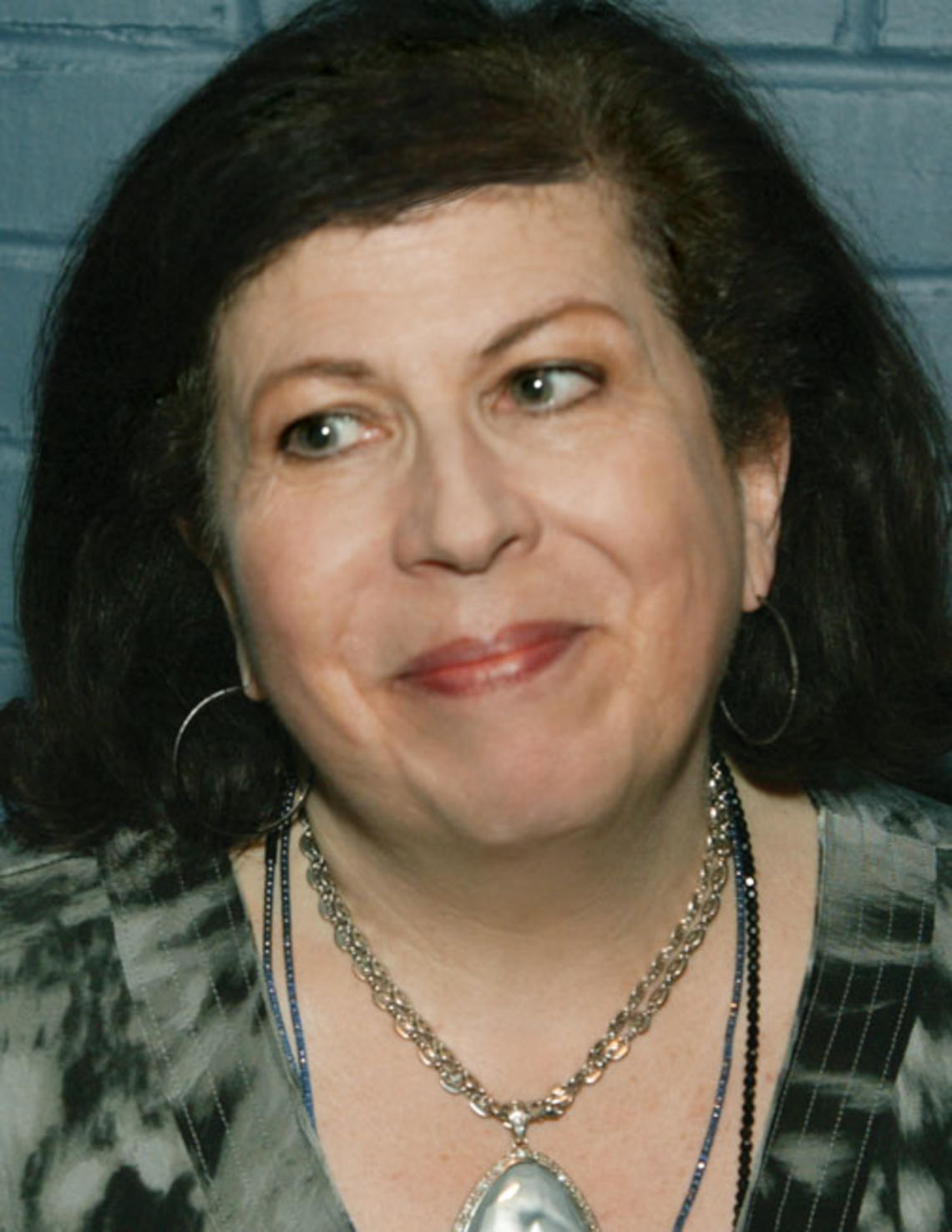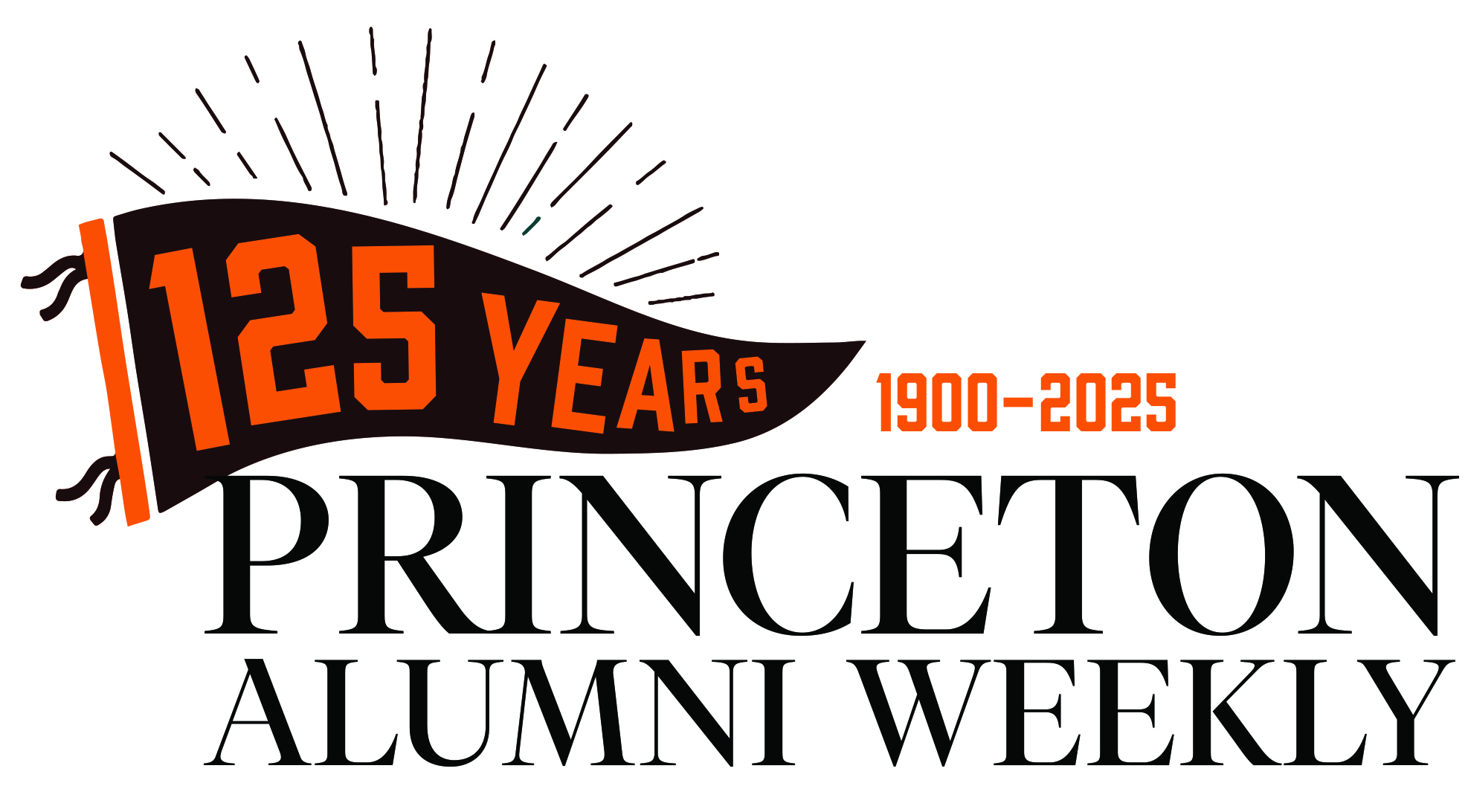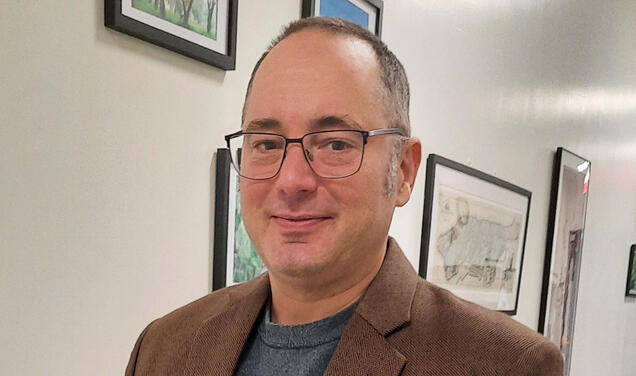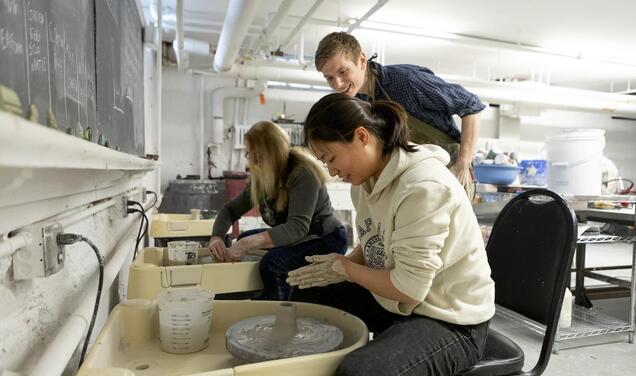
Hollywood is known as a tough town for women, but Winnie Holzman ’76 has spent the last two decades as a sought-after television writer, working on the critically acclaimed shows “thirtysomething,” “My So-Called Life,” and “Once and Again.” Holzman’s strong suit is creating authentic female characters, a talent she brought to Broadway when she wrote the book — nominated for a Tony award — for the 2003 musical “Wicked,” the highest-grossing Broadway show for the last eight years. Holzman spoke to Princeton students — and to PAW — on campus in February.
A recent study by the Center for the Study of Women in Television and Film found that only 15 percent of the writers of prime-time TV shows were women, which puts you in a pretty small group.
I don’t usually think about that. It is hard for women — I don’t know a woman in television who didn’t struggle to some extent — but at the same time, if you let yourself think about that too much, it’s not a good idea. [When I was starting out], I didn’t know a woman who was doing what I wanted to do. And there were times when I made mistakes because of that, and there were times when I was very frightened because of that.
And now your daughter, Savannah Dooley, has become a TV writer. The two of you teamed up in 2010 to develop Huge, an ensemble drama set at a weight-loss camp for teens.
The fact that they put Huge on the air was a modern-day miracle. It was disappointing that [ABC Family] took it off so quickly, but honestly, the great experience of it far outweighed any disappointment of it being canceled. I did a series with my daughter! I don’t know anybody else who did that.
You’ve often said that TV is a very powerful medium — it affects people deeply.
I learned that even before I was writing for TV, when I first saw thirtysomething. I was a fan of the show before I was writing it. I was this white Jewish girl in my 30s who had a toddler, and for the first time I can remember — except for Mary Tyler Moore — I’m looking at a group of people on TV and I’m going, “Oh my God, that really is my life.” And it was such a galvanizing, sort of shocking experience to realize I was seeing people that I felt represented me. When I started writing for TV, I was cognizant of that.
After so many years in the business, is writing still a struggle for you?
Writing remains hard for me. It’s something I have fears about. This feeling of being totally blocked — it does come all the time. But it’s just a feeling, and you don’t have to believe it’s true. It always comes down to: How are you going to re-inspire yourself? And that’s your job as a writer, or for any artist.
You did a lot of acting with Theatre Intime when you were at Princeton. How has your acting background helped you as a writer?
It’s been a huge influence on my work. I write things that actors hopefully would want to play. Getting them excited is a big part of my job.
After thirtysomething went off the air, you were asked to write a TV show about a teenage girl, which became My So-Called Life, starring Claire Danes. That show was praised for its realistic depictions of teen life. How did you tap into the voice of a teenage girl?
I spent two or three afternoons at some high schools in L.A. to rekindle those memories. It didn’t take much. That was L.A. in the ’90s, and I went to school in Long Island in the 1970s, but it didn’t matter. It brought back memories, and then I was off and running.
Did you see Claire Danes as your doppelganger?
In a certain way, yes. It wasn’t autobiography — it wasn’t the facts of my life on any level. It was autobiography emotionally.
There was a teenage character named Rickie on My So-Called Life who was gay. That was groundbreaking at the time, wasn’t it?
Yes. Gay people will stop me on the street and say that it was the first time they were able to have a conversation with their parents about being gay.
That must make you feel good.
That’s the best.
— Interview conducted and condensed by Jennifer Altmann











0 Responses